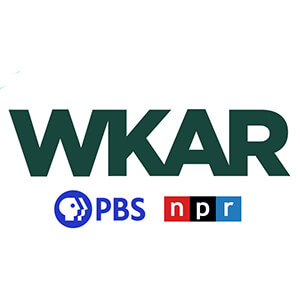WKAR Selected for Public Media Digital Transformation Program


The program includes online coaching and training to station leader Director of Broadcasting and General Manager, Susi Elkins, and staff members to accelerate their digital transformation efforts.
“CPB’s commitment to advancing innovation and diversity continues to be reflected through our strategic investments helping system leaders advance a digital-first, audience-centric approach,” said Patricia Harrison, CPB president and CEO. “The program will provide coaching and resources to help stations become more agile and leverage digital content, platforms and data to grow and engage new and existing public media audiences.”
In addition to one-on-one and peer group coaching sessions, the program will include a series of educational webinars, work exercises and resource materials that span the program curriculum. The program will be delivered to four groups of up to 20 public media leaders and their station’s personnel at a time. The groups will have staggered start and end dates over the course of two years, with a new group starting every three months.
“The selected participants are some of the nation’s most trusted sources citizens turn to for local news and information,” said Poynter President Neil Brown. “Our partnership with CPB will help public media outlets build digital-first strategies that inspire an even greater — and more sustainable — connection to grow with their communities.”
The stations selected, from Alaska to Florida, Southern California to Maine, include 40 public radio stations, 16 public television stations and 19 joint licensees. They will join the five National Multicultural Alliance Organizations – Black Public Media, the Center for Asian American Media, Latino Public Broadcasting, Pacific Islanders in Communications and Vision Maker Media – to form four cohorts of 20 public media leaders, who will participate in the nine-month program. The first cohort will begin training in January.
